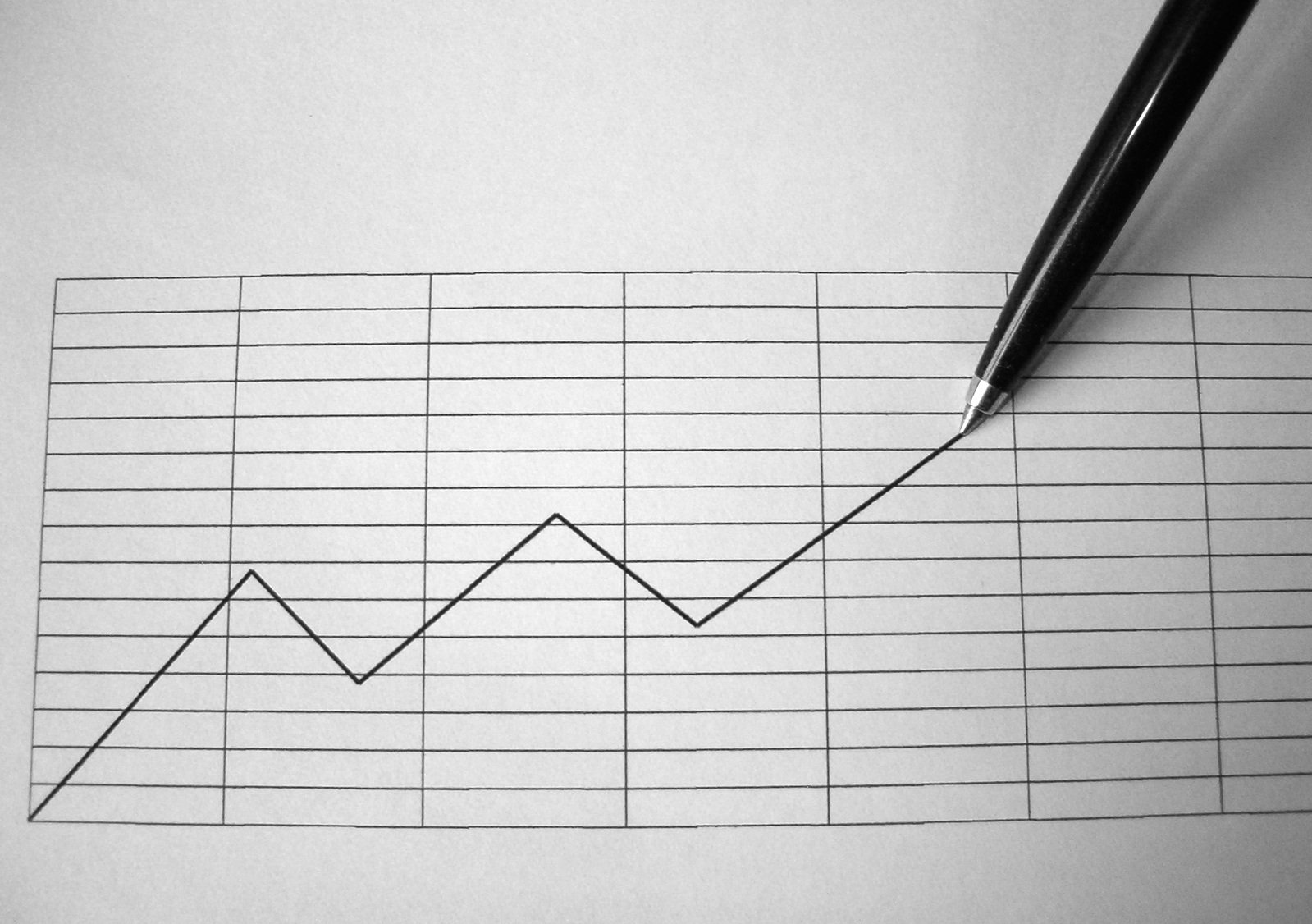
The purpose of a primary metric is to answer the question, “Am I getting closer to my goal?” But this presumes the metric is a good proxy for progress toward the goal. Sometimes, however, we choose a metric simply because it's easy to measure, not because it represents the nuance of our intentions.
Facebook, for instance, likely wants to optimize for increasing user happiness. But happiness is tricky to measure. It is easier to measure engagement: the number of Likes, the amount of time watching videos, the number of hours spent in the app…etc.
But engagement is not equal to happiness, and optimizing for it can lead to results that are counter-productive to the original goal. For instance, a person that's appalled by what they're seeing might engage a great deal to express their outrage. Addiction also leads to engagement. Since employee success is often quantified using important business metrics, a company could actually provide financial incentive to work against its goals if its metrics are poorly defined. This is all to say: great care should be taken when designing metrics.
But this concept isn't limited to business. In our everyday lives, we also have goals and measures of success. Are they aligned? Or are we measuring the wrong things, which might lead to counter-productive behaviors?
I have a young family, and if you were to ask my priorities, I would say something like:
- spending more time with kids
- a healthier marriage
- a healthier lifestyle
- more personal autonomy
- increased personal happiness
How am I trending toward those goals over time? The answer is: I'm not sure, and that's because it is difficult to quantitatively track progress toward these goals. This difficulty is a result of (at least) two hurdles. First, it's tricky to define a robust metric that both captures the nuance of the goal and can conceivably be measured. And second, measuring and monitoring metrics over time requires a non-trivial infrastructure, and that's not commonly available in our everyday lives1.
It's often the case that these hurdles result in us defaulting to measures of success that are easier to collect, like dollars in a bank account. Not only is the tracking infrastructure already in place, but it's easy to compare dollar amounts and understand what makes the number go up or down. But optimizing for dollars may not get us any closer to our goals, and in fact, may work against them.
This raises a few questions:
- What metrics are you optimizing for, and does that incentivize behaviors that are conducive to your actual goals?
- How can you better measure the things that actually matter to you?
Footnotes
